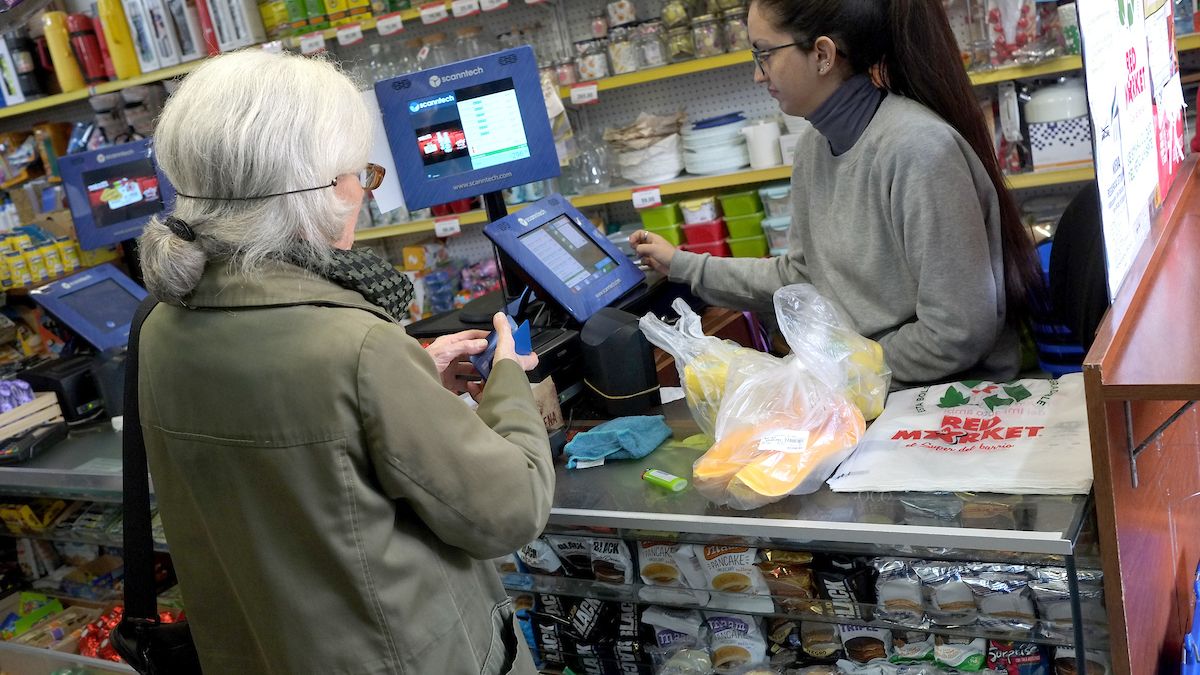The Business Confederation of Uruguay (CEDU) will claim on behalf of local merchants against the advance of large shopping centers that end up harming them, as well as the persistence of the smuggling and the informality, to the candidates elected after the internal elections this Sunday.
It was last Friday during a meeting in Bull Pass where the president participated Luis Lacalle Pou, that the most recurring concerns for the 20 unions that represent it were exposed. From the sector they understand that the installation of large commercial areas ends up harming local merchants in the interior.
“What today appears as good news, based on the investment of a chain in the interior, ends up being a greater loss for local commerce,” explained the president of the Business Confederation of Uruguay, Alfredo Freitas to Informativo Uruguay. In that sense, he announced that they will demand changes in current legislation.
On the other hand, they question the advance of smuggling and, as a consequence, informality. “The border with Brazil “It’s no man’s land,” Freitas lamented and assured that “it’s no coincidence” that the places with the most smuggling “are where we have the worst social indices, including higher informality”.
In this way, Freitas assured that a document will be presented to the winners of the internal elections next Sunday. Among the proposals is the modification of the Investment Law, with the objective that microenterprises are taken into account and that its application can be “simplified and universalized, with benefits that reach the MSMES and that promote formalization.”
Trade and services represented more than 68% of the global added value of the economy
The Commerce and Services sector represented 68.9% of the global added value of the economy during 2023, with moderate growth in all branches, according to a report from the Chamber of Commerce and Services of Uruguay (Ccsuy).
In this way, the relative importance of the sector became evident, vastly surpassing the rest in this aspect. The thing is the Manufacturing Industry had a participation in the added value of 11.2%, while the Primary activities represented 7.1%, the Construction reached 4.8% and Others completed with 8%.
When analyzing by different areas, the sector of Trade, accommodation and provision of food and beverages showed a slight increase of 1.2% year-on-year, while Transportation and Storage, Information and Communications grew 0.6%.
While, Financial services It ended last year with an increase of 2.7%; Professional activities and leasing, with a 1% improvement; and Health, education, real estate activities and Other services increased by 1.1%.
Source: Ambito




